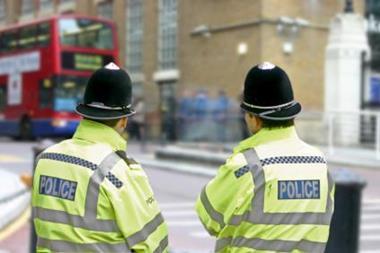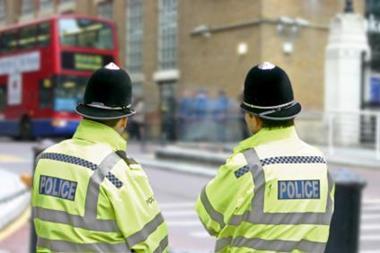A terror risk forecasting company says that the threat to UK property stems from loosely coordinated small scale attacks
The biggest terrorist threat to UK property stems from loosely coordinated small scale attacks, according to the intelligence company Exclusive Analysis (EA).
With the dismantling of international terror networks following the events of September 11, the most likely UK threat scenario involves home grown, self-radicalised terrorist cells conducting small scale operations and targeting people and property, said EA chief executive Simon Sole. These groups are unlikely to have the capability to carry out a catastrophic scale event (particularly a nuclear strike) but could potentially coordinate a number of smaller scale attacks, according to analysts at EA.
“Anticipation is hard and further attacks are likely,” said Sole. “There is a large and likely very interconnected network of committed young men in Europe and UK, from which dedicated attack cells can come together in under a year.”
The chances of any single business being targeted, however, are slim. In the two most recent terrorist incidents in London there was no damage to property. But the disruption to business can still be significant. While a business may not be the intended target of an attack it could still be affected indirectly by delays and disruption.
Most businesses are aware of the need for adequate property and business interruption cover, but Sole warns that insurance buyers should consider purchasing cover with a lower deductible to reflect the risk posed by multiple smaller scale events. “If you only buy catastrophe insurance it might not be the right cover,” he said.
“There is a large and likely very interconnected network of committed young men in Europe and UK, from which dedicated attack cells can come together in under a year.
Simon Sole, chief executive officer, Exclusive Analysis
To put it in perspective, discounting Iraq, terrorist attacks worldwide have fallen to historically low levels. But the relative crudity of the terrorist attacks to date in the UK could potentially be succeeded by something more sophisticated and deadly. “Jihadists want to ensure that their attack makes a big impact and overshadows what has gone before,” warned Sole.
One scenario could involve terror networks operating in the Afghanistan/Pakistan border region (Waziristan). These groups, usually dubbed the Taliban, may have the capability to extend the conflict beyond that region, said Sole. But, he added, they are unlikely to do so—the Taliban having never directly attacked Moscow during its conflict with the Soviets.
“Afghan insurgents pursue conflicting localized agendas, reducing the likelihood of unified internationalization,” he said.
While the right level of insurance protection is vital, businesses should also ensure that adequate business continuity plans are in place. A recent Lloyd’s survey—Global business and the threat of political violence—showed that many (23%) do not.
“A small amount of planning goes a long way,” added Sole.



















No comments yet